I’ve been talking a LOT about local food lately.
It’s summer and when the weather gets warm I quickly become obsessed with my garden (where I grow herbs, vegetables, and fruit), the farmers market, UPick, local roadside stands, foraging in the woods, and buying in bulk to can and freeze all of this gloriously delicious local produce so I can continue to eat it all year long.
What do you love most about local food? Add your voice to this conversation in the comments below!
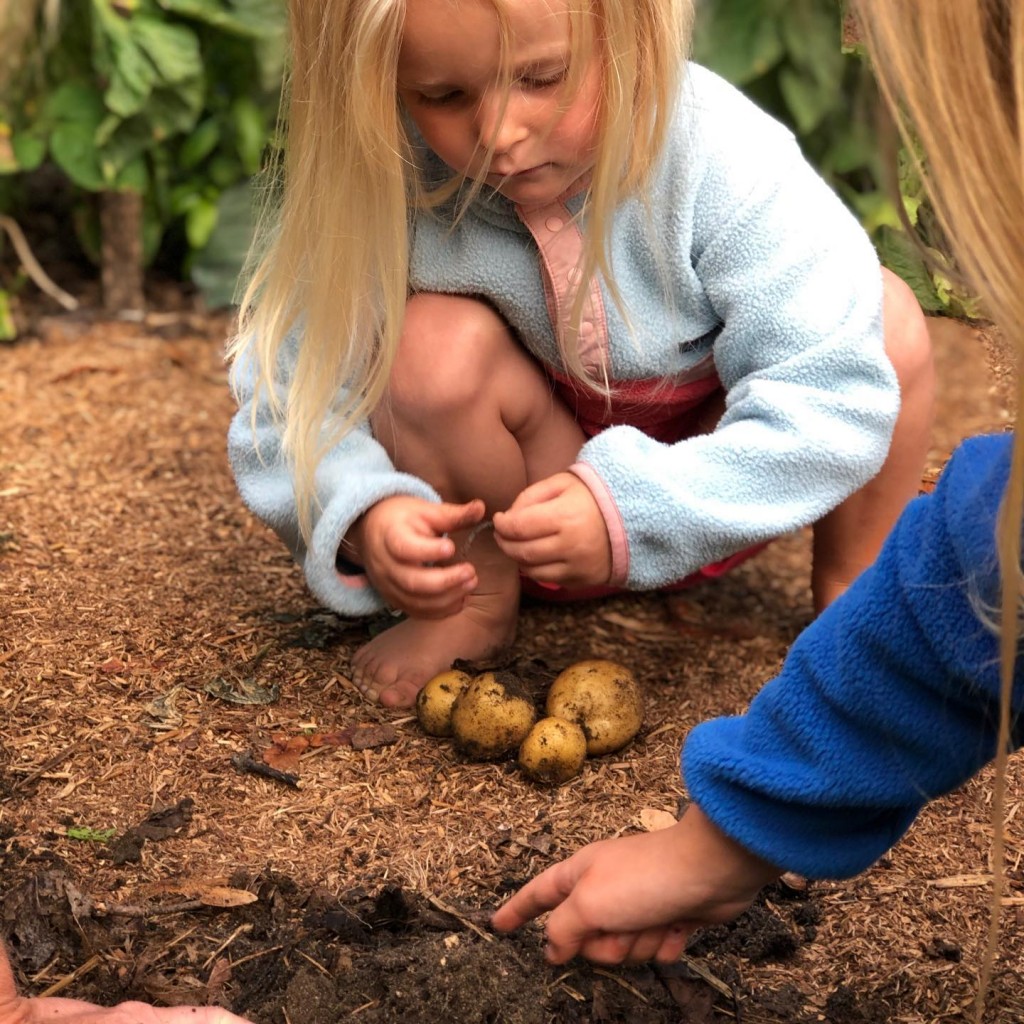
Because of this obsession, I’ve created a couple of free workshops to help you incorporate more local food into your life. In these workshops, you’ll find videos, checklists, recipes, and a downloadable ebook so you can access all of the resources offline at your convenience.
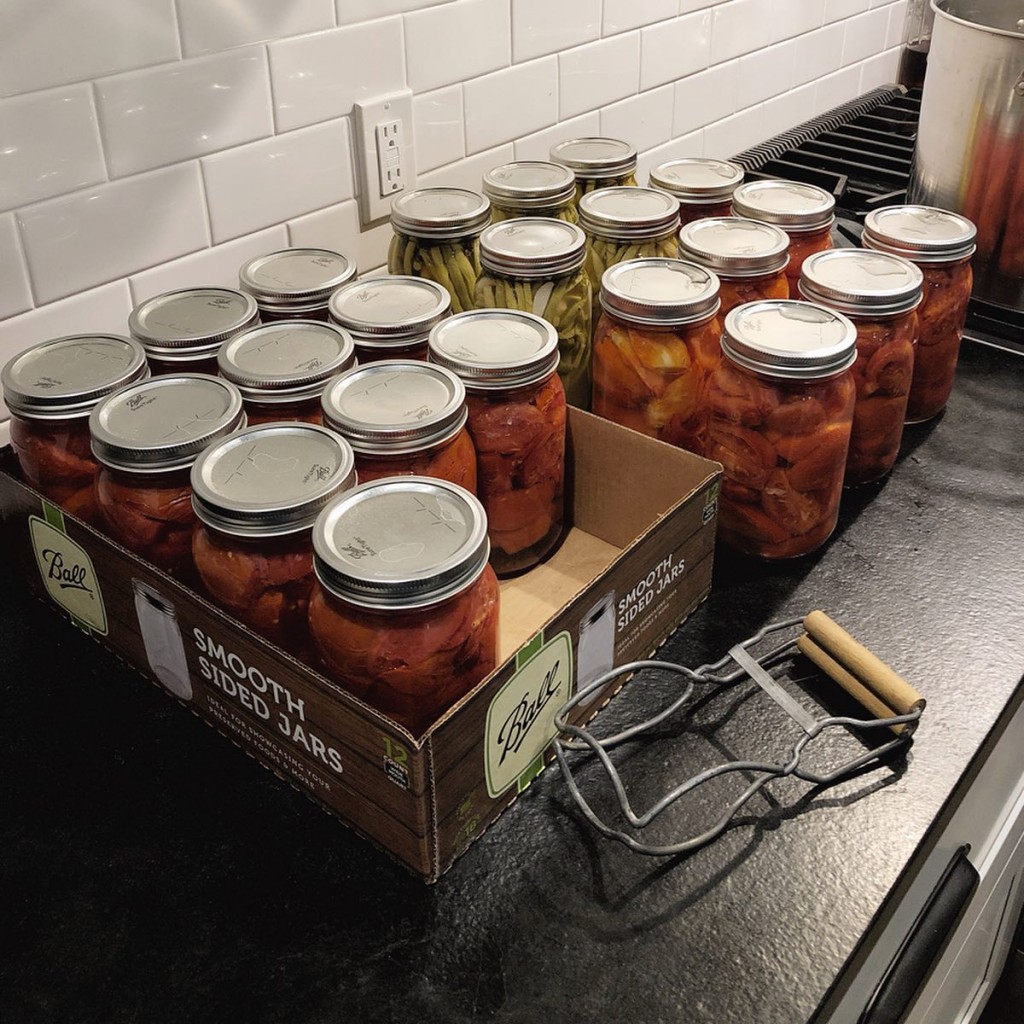
Eating more local food is fun, nutritious, and builds resiliency in both ourselves and our community (by creating strong local food systems that can financially support farmers making a decent living).
The average produce in America travels 1,500 miles from the farm to your plate. This is the most commonly referenced statistic (and its explored in great detail in this Slate article), but I’ve seen this number as high as 5,120 miles! All of this transportation causes greenhouse gas (GHG) emissions and contributes to global warming.
In addition to reducing these GHG emissions, eating local has the following benefits to you and your community:
- Fun adventures for you and your family – my kids LOVE picking berries. They LOVE eating fresh raw corn on the cob that was picked only hours earlier by a local farmer and placed on a tiny little farm stand in their front yard. They LOVE picking cherry tomatoes from “their garden” and popping them straight into their mouth, juice squishing out the sides as they laugh out loud. They LOVE foraging in the woods for mushrooms, wild berries, and ramps for hours on end. Robbie and I LOVE experiencing each and every one of these adventures with them.

- Building a stronger community – I try to support local, small businesses whenever possible and local farmers are no exception! Did you know that $68 of every $100 spent at a local independent store is reinvested in the community versus $43 with a larger retailer? Plus, I enjoy knowing my farmer. I enjoy talking with them about their products and their life. I enjoy spending my hard earned money on a person.
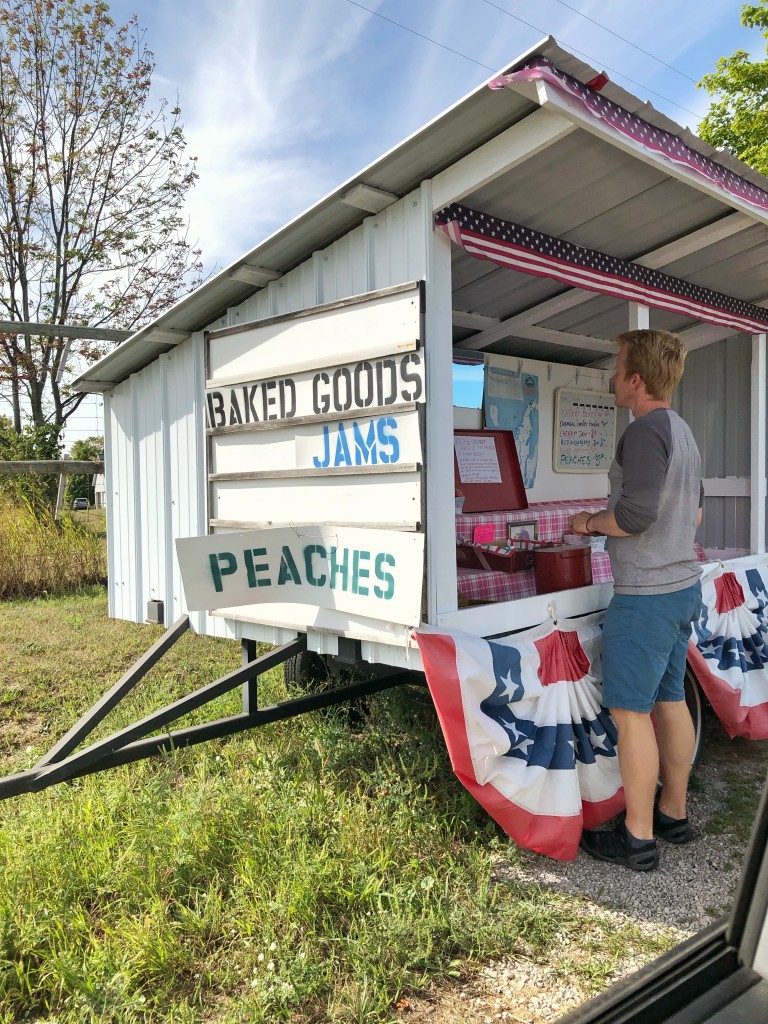
- More nutritious food – smaller farmers often grow more interesting and nutritious varietals and the speed to market means there are more vitamins and nutrients in your food.
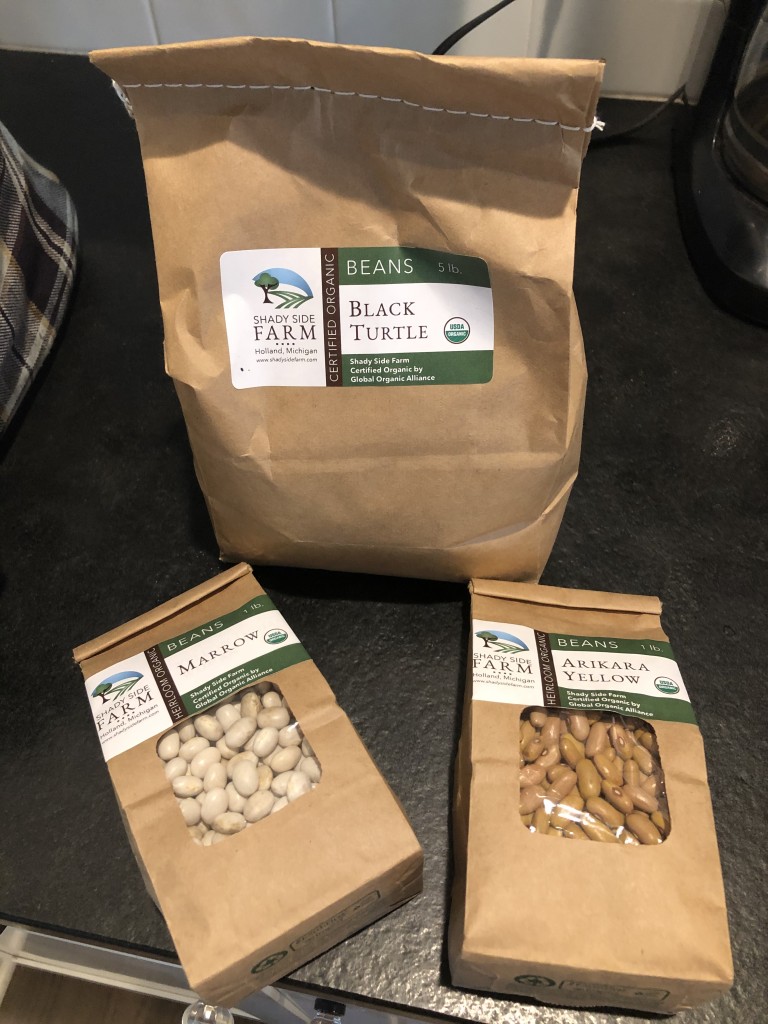
- Less chemicals – There are lots of different ways farmers choose to use less chemicals and communicate about this when selling their produce (including USDA certified organic, organically grown, and no-spray). One of the things I love most about the farmers market and farm stores is the fact that I can talk directly with the farmer to understand their farming practices and personal beliefs. Many local farmers will invite you to visit their farm and learn all about this… all you have to do is ask!
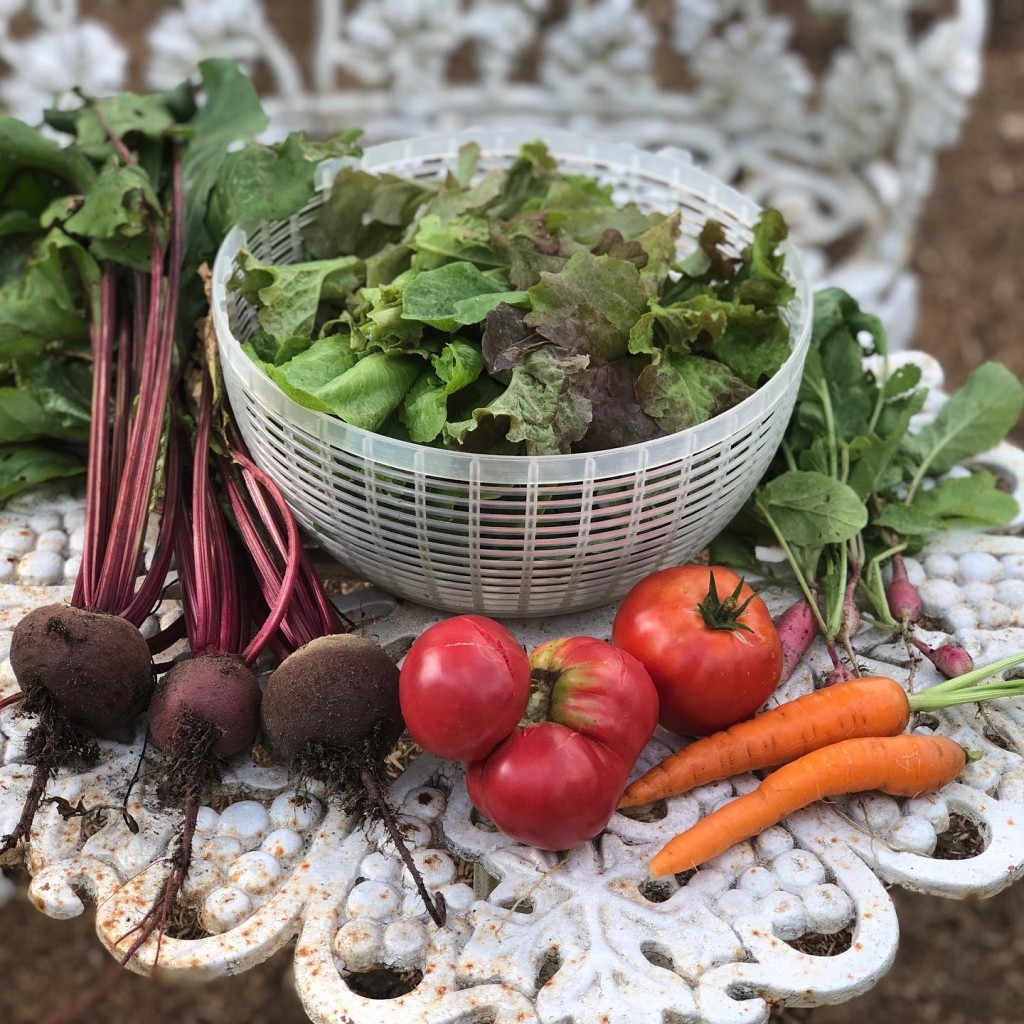
While you’re busy incorporating more local food into your diet, you’re probably naturally getting the benefits of unprocessed and unpackaged foods too. Both of these have big benefits to you!
Why unprocessed?
Additional resources (like water, energy, and associated fossil fuels for cooking), are required to turn fresh fruits, vegetables, and animal products into processed foods.
In addition to the environmental reasons to eat more unprocessed food, there are lots of potential health benefits. Diets including Clean Eating, Paleo, and Whole30 all encourage more fresh foods and less processed because the processing removes important fiber, vitamins, and nutrients while adding unhealthy ingredients like salt, sugar, and other complicated additives to preserve them or make them tastier. For additional reading, I recommend this article from Vox and this one from Harvard Health Publishing.
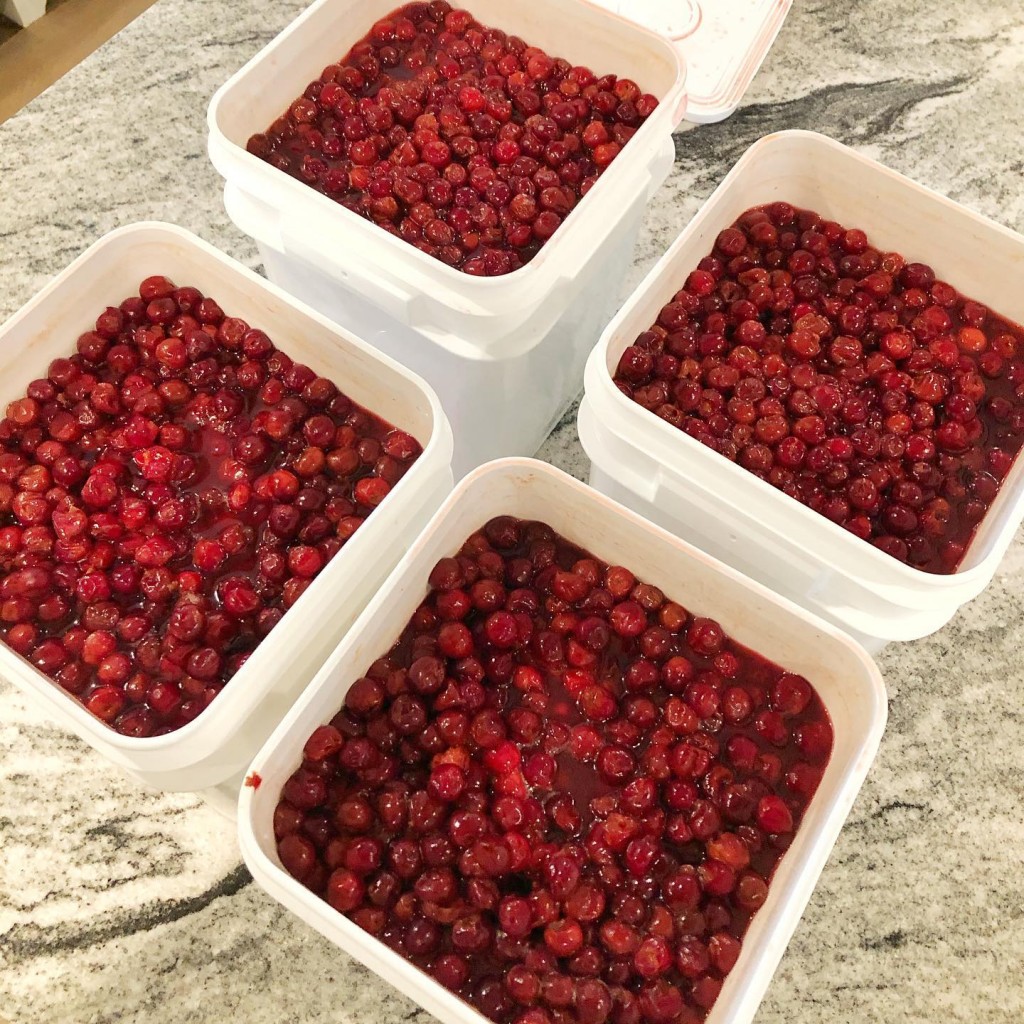
Why unpackaged?
Packaging is necessary when food is being transported long distances, but not so much within local food systems. I see packaging as waste that requires additional storage and effort to recycle/dispose. You’ll be surprised at the joy you might find in the extra space and time you have when you have less waste to manage in your life. There’s a whole lesson in the Eat More Local Food course designed to help you quickly and easily build your own waste free shopping kit. This kit is useful for any shopping you do, including your local grocery store.
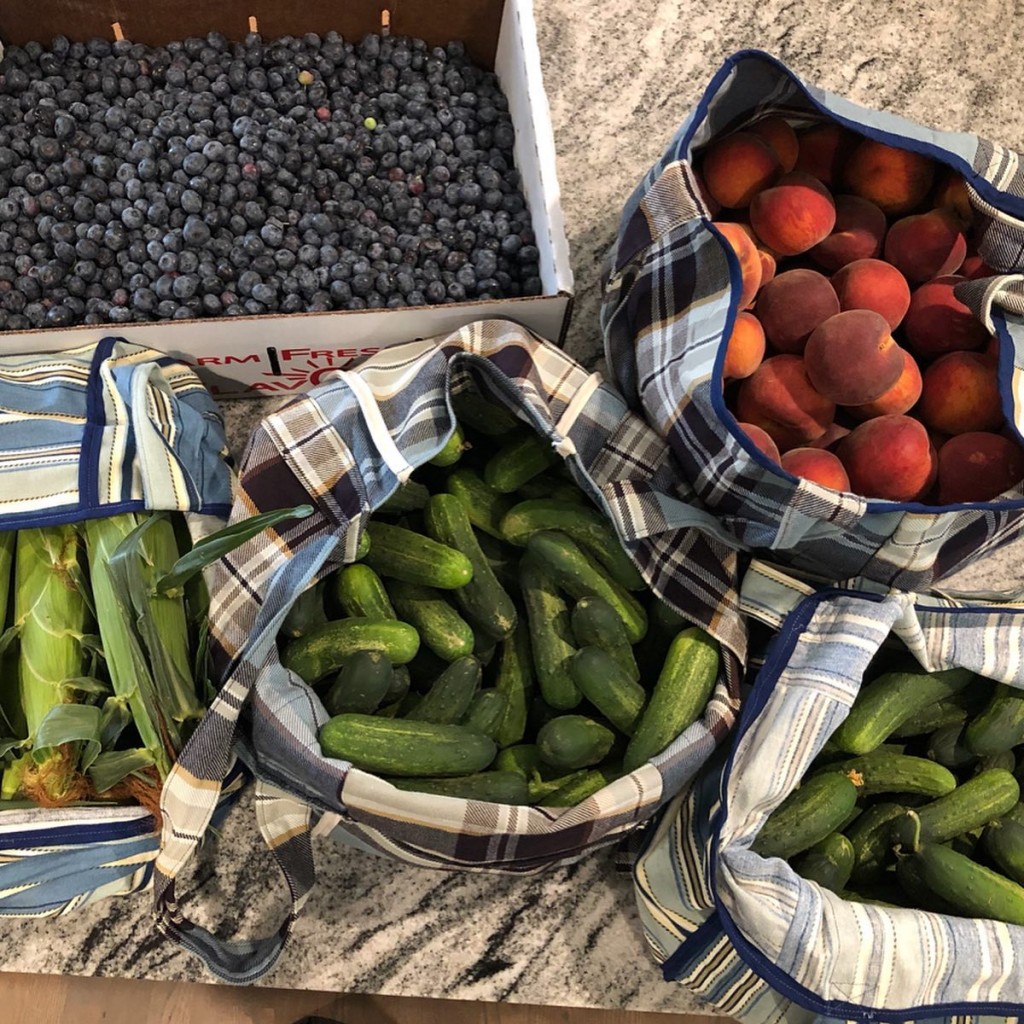
If you’re interested in help finding more local food, please check out my Eat More Local Food course. It’s designed for you to work at your own pace through a series of lessons. Each lesson will take you less than 15 minutes and is designed to help you quickly and easily get more local food onto your plate, right now!
Why are you excited to eat more local food? Please add your thoughts, recommendations and questions in the comments!
